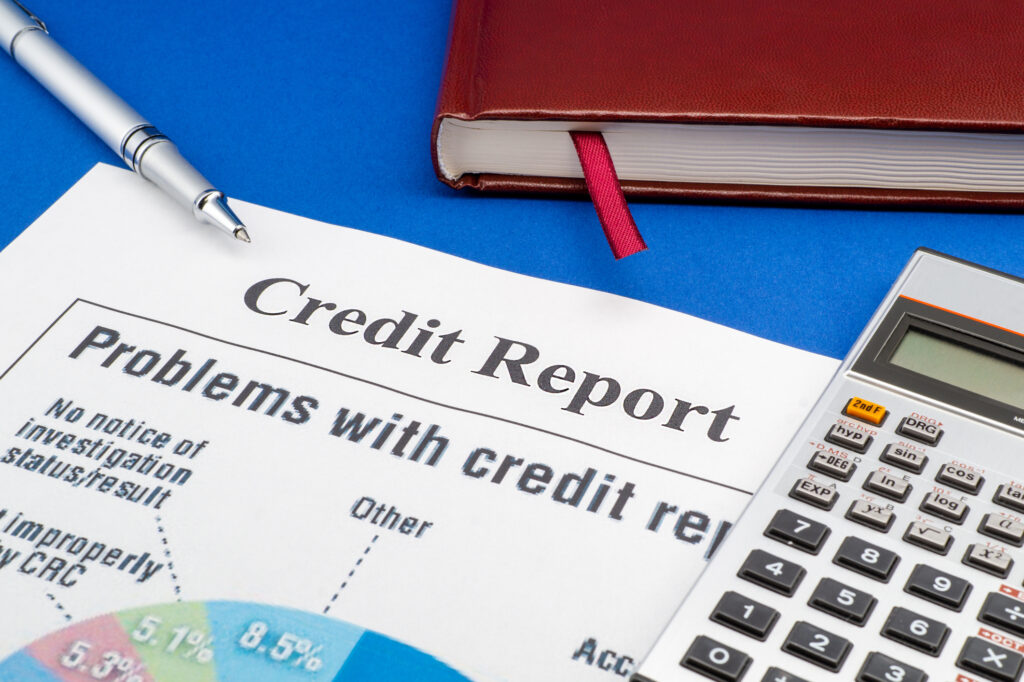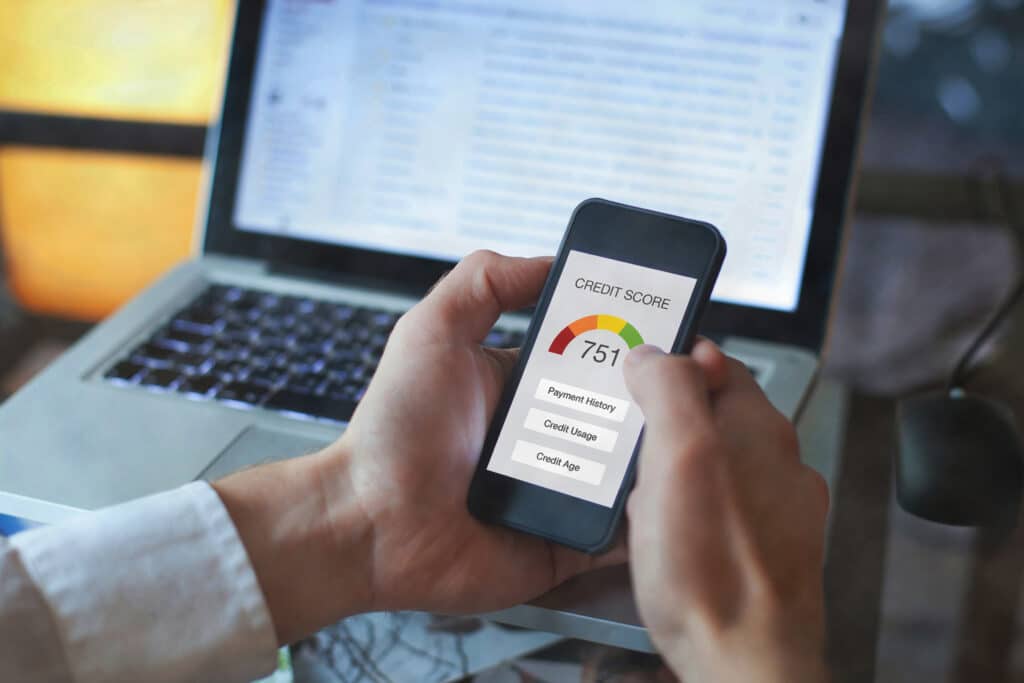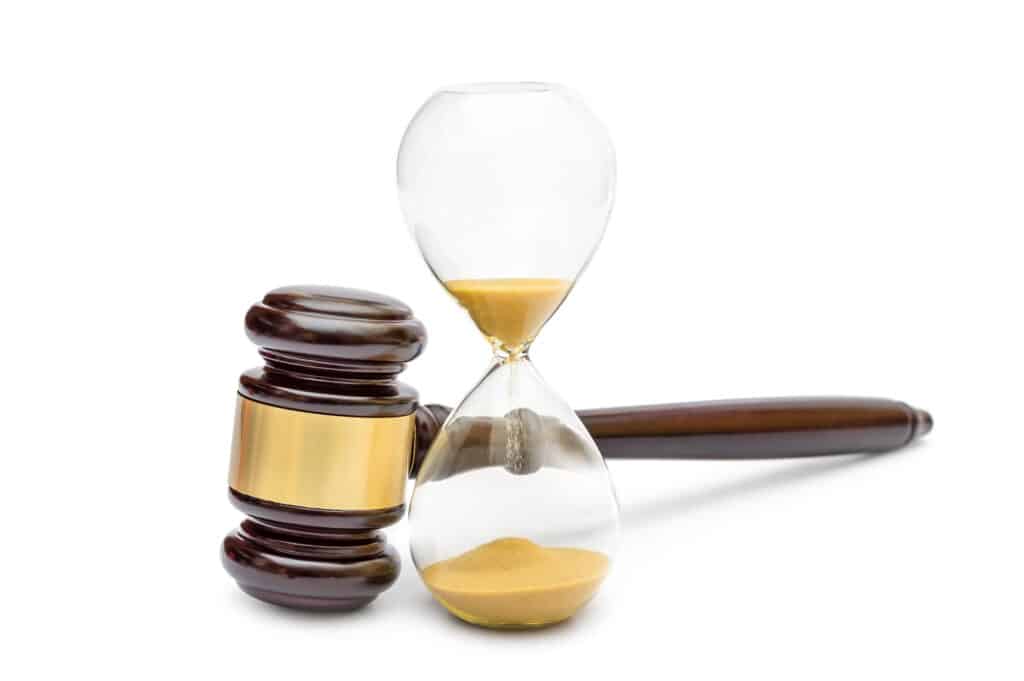Dealing with debt can be stressful, especially when collection agencies start calling. If you’ve ever felt harassed or intimidated by a debt collector, there is a law to protect you. The Fair Debt Collection Practices Act, or FDCPA, is a federal law that shields consumers from abusive collection practices. Whether you’re behind on credit card payments or being contacted about an old loan, knowing your rights under this law can help you take back control.
What Is the FDCPA?
The FDCPA is a federal law passed in 1977 that governs how third-party debt collectors can interact with consumers. Its goal is to eliminate abusive, deceptive, and unfair debt collection practices while promoting honest and ethical behavior in the industry.
The FDCPA applies specifically to third-party debt collectors, not original creditors. If, for example, you owe money to your bank, and they’re the ones contacting you, this law may not apply. If the bank sells your debt to a collection agency, that agency must follow the rules outlined in the FDCPA.
Who Is Protected?
The FDCPA protects individual consumers, not businesses. It covers personal, family, or household debts like credit cards, medical bills, auto loans, and mortgages. If you’re being contacted about a business loan, this law likely won’t apply.
Illinois Law Offers Additional Protections
The FDCPA applies across all states, but Illinois offers additional protections beyond the FDCPA. The Illinois Collection Agency Act requires that debt collectors follow state-specific rules. These laws may also cover original creditors or attorneys acting as collectors. In some cases, this means more types of debt collectors can be held accountable under Illinois law than the federal FDCPA. Collection agencies must be licensed by the Illinois Department of Financial and Professional Regulation. If a debt collector contacts you and isn’t properly licensed in Illinois, they could violate state law.
What Debt Collectors Can and Can’t Do
One of the most important aspects of the FDCPA is the list of prohibited behaviors. Debt collectors are not allowed to harass or deceive you.
Harassment is Not Allowed
Debt collectors cannot annoy or abuse you. This includes repeated phone calls intended to harass. They may not use obscene or profane language or threats of violence or harm. If a collector constantly calls you at all hours or uses inappropriate language, they are violating the FDCPA.
No False or Misleading Statements
Collectors are also forbidden from lying or misleading you in an attempt to collect a debt. A debt collector cannot pretend to be an attorney or government official. They cannot falsely state the amount you owe. Debt collectors are not allowed to threaten you with arrest or legal action they can’t legally pursue.
Limited Contact Rules
Debt collectors can’t call you whenever they want. Under the FDCPA, they cannot call before 8 a.m. or after 9 p.m. They can’t contact you at work if you’ve told them not to. A debt collector cannot discuss your debt with others, like family, neighbors, or coworkers. If you have a lawyer representing you regarding the debt, the collector must go through your attorney and not contact you directly.
Your Right to Information
Collectors must provide certain information when they first contact you or within five days of the first contact. They must identify the name of the creditor you owe money to, the amount of the debt, and a statement informing you that you have the right to dispute the debt. You also have the right to request validation of the debt. If you challenge the debt in writing within 30 days, all collection efforts must stop until the debt collector provides verification. This could be a copy of a bill, loan statement, or other documentation proving you owe the money.
What to Do If Your Rights Are Violated
If you believe a collector is violating your rights, you have options.
Keep Records
Start by keeping track of every interaction with the debt collector. Save any voicemails, text messages, emails, or letters they send. If they call you, write down the time, date, and what was said. These records can be important later if you need to file a complaint or take legal action.
File a Complaint
File a complaint with the Federal Trade Commission, Consumer Financial Protection Bureau, Illinois Department of Financial and Professional Regulation, or Illinois Attorney General’s Office if you are concerned that your rights have been violated. These agencies investigate claims of illegal collection practices and may take action against offending collectors.
Consider Legal Action
The FDCPA allows you to sue a debt collector in state or federal court. If you win, you may be entitled to damages for emotional distress, lost wages, and up to $1,000 in statutory damages.
How to Protect Yourself
Knowledge is your best defense. If a debt collector contacts you, ask for written verification of the debt. Do not admit to owing the debt without validation. Keep communications in writing as much as possible. Don’t let fear or intimidation pressure you into quick decisions. If you’re overwhelmed, consider speaking with an attorney who can help you understand your rights and options under the law.
Atlas Law Center Makes Sure Your Rights Are Respected
Have you received threatening phone calls, late-night messages, or false claims from debt collectors? Atlas Law Center fights for consumers mistreated by debt collection agencies. You have legal rights under the Fair Debt Collection Practices Act (FDCPA), and we work to ensure that those rights are protected. Contact us today at 331-321-4748 to schedule a free consultation. You deserve peace of mind. We’re ready to help you get it.













